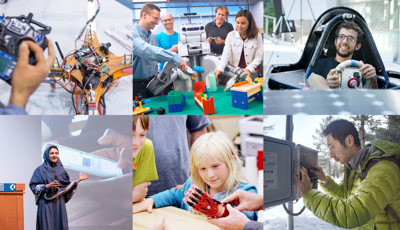A.B., Mathematics, Cornell University Ph.D., Computer Science, Stanford University, Fellow of the ACM
Ira Pohl is a Professor of Computer Science at the University of California, Santa Cruz. The department is part of the Jack Baskin School of Engineering. His current research is in object-oriented programming and topics in software methodology. He has written widely on programming in C, C++ C# and Java.























